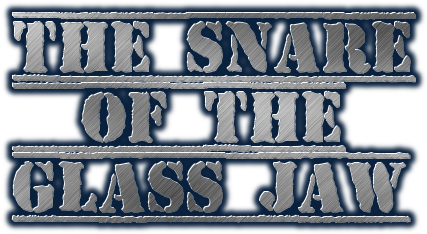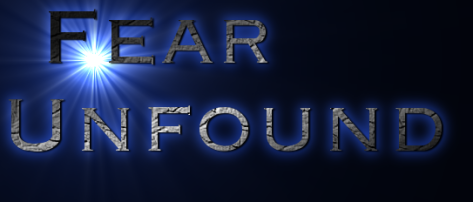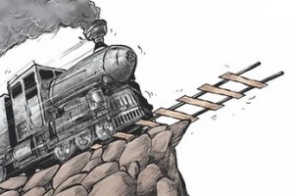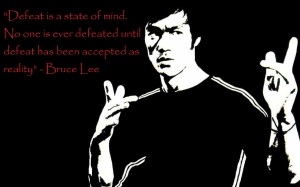Spinning blue orb, how you change how you shift
North is unfound at full pass, final twist
Magnetic influence from temporal means
Mislead the mortal to trust, to lean
Small metal compass, your needle a north sees
An imbalanced axis an untrue divinity
Turn from the instrument, look to the dark sky
Behold the starry host, find a ladle on high
Placed on his small back, at the tip of his tail
Little bear has a light by which you may sail
His name is Polaris some call him Lodestar
A guide in the heavens to carry you far
His north is true unlike all earthly means
Set your course in the rays of his celestial beams
Celestial North
by J.M. Cortés
In North America, True North is not found by looking at which direction a compass needle points. Compasses are based on Magnetic North which is influenced by the earth’s axis. Our earth’s axis is in constant motion which means Magnetic North is also in constant motion. With that said, it is estimated that Magnetic North reallocates anywhere from 20 to 40 miles a year. So trusting any compass to accurately find True North would be impractical.
To find True North we must look to the stars and there we will find it…a Celestial North. Easily found in the night sky is a constellation known as Ursa Minor which is Latin for Little Bear. This constellation depicts a readily visible form that many know as ‘the little dipper’. The brightest star in this constellation is at the tip of the little dipper’s handle. This star is known as Polaris, which is the most current North Star. Next time you see it, point at it and make a line to the ground. You will see True North…Celestial North.
The poem I wrote is a metaphor for guidance sought outside the limitations of the temporal. It is ironic that measures to find our way are often based on variable means. Earth is always changing, always spinning. Seasons change bringing with it temperatures of extreme cold or intense heat. The same parched ground that pulls from the sidewalk becomes saturated in a deluge of rain then covered by snow and ice. These are a symbol of humanity with its temporality and inevitable change. As the compass needle points to ‘a north’ our efforts can point toward ‘a destination’. But what if that destination is not where we really want to be? What if we were meant to be somewhere else? Something else? Someone else? Our terrestrial nature is inexplicably connected to a celestial one. Allow them to connect, look up and find Celestial North.
Copyright © 2013 J.M. Cortés

















